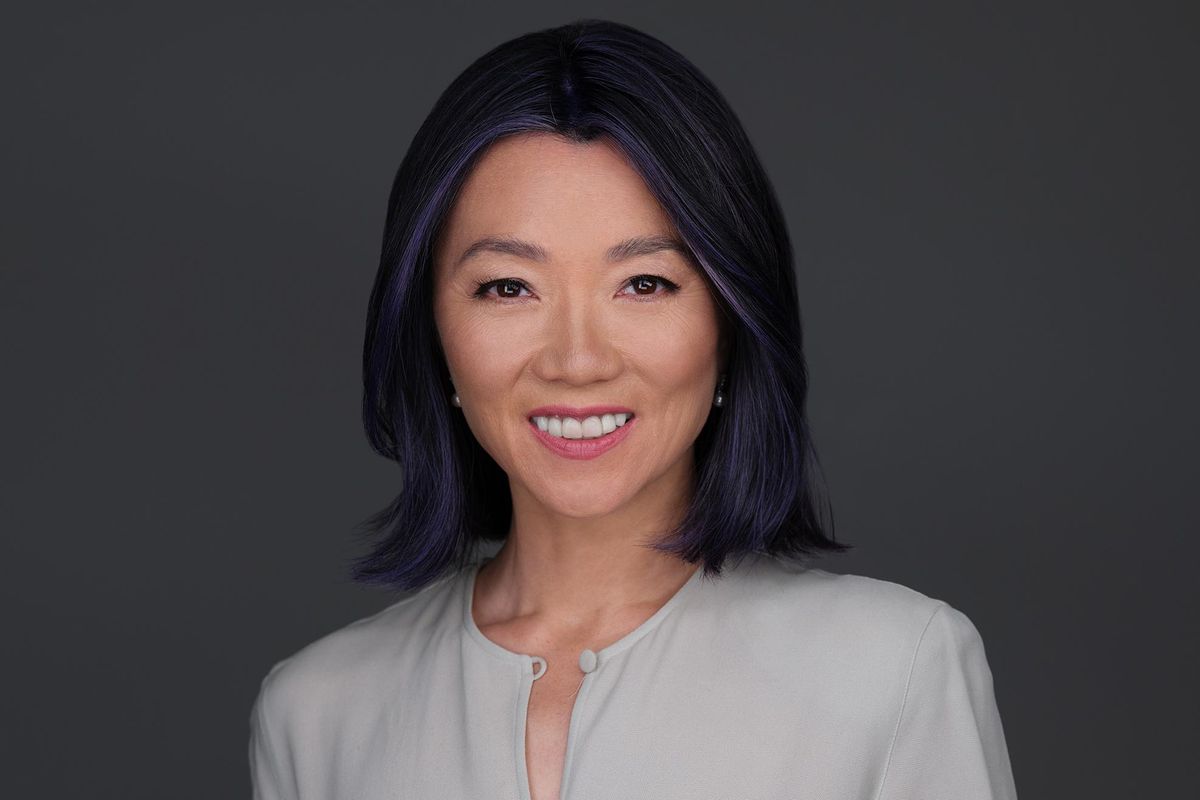Editor's note: Every week, I introduce you to a handful of Houston innovators to know recently making headlines with news of innovative technology, investment activity, and more. This week's batch includes a drone tech startup founder, biotech investor, and health care innovator.
Divyaditya Shrivastava, co-founder of Paladin

Paladin’s AI-enhanced autonomous drones help public safety agencies, such as police and fire departments, respond to 911 calls. Photo via LinkedIn
Houston-based Paladin, whose remotely controlled drones help first responders react quickly to emergencies, has collected $5.2 million in seed funding.
Gradient, a seed fund that backs AI-oriented startups, led the round. Also participating were Toyota Ventures, the early-stage VC arm of Japanese automaker Toyota; venture capital firm Khosla Ventures; and VC fund 1517. The company was co-founded by Divyaditya Shrivastava and Trevor Pennypacker.
Among the agencies that have tried out Paladin’s technology is the Houston area’s Memorial Villages Police Department. The department participated in a three-month Paladin pilot project in 2019. Read more.
Veronica Breckenridge (née Wu), founder of First Bight Ventures
 Investor advocates now is the time to position Houston as a leading biomanufacturing hub
Investor advocates now is the time to position Houston as a leading biomanufacturing hubVeronica Breckenridge is the founder of First Bight Ventures, which just celebrated three portfolio companies. Photo courtesy
Three portfolio companies of Houston venture capital firm First Bight Ventures have received a combined $5.25 million from the U.S. Defense Department’s Distributed Bioindustrial Manufacturing Program.
“The allocation of funds by the federal government will be critical in helping grow biomanufacturing capacity,” Veronica Breckenridge (née Wu), founder of First Bight, says in a news release. “We are very proud to represent three dynamic companies that are awardees of this competitive and widely praised program.” Read more.
Sunil Sheth, associate professor in the Department of Neurology at McGovern Medical School at UTHealth Houston

UTHealth Houston has secured millions in grant funding — plus has reached a new milestone for one of its projects. Photo via utsystem.edu
UTHealth recently received a grant that will improve the odds for patients who have had a stroke with the successful re-opening of a blocked vessel through endovascular surgery. The $2.5 million grant from the National Institute of Neurological Disorders and Stroke, part of the National Institutes of Health, will fund a five-year study that will include the creation of a machine-learning program that will be able to predict which stroke patients with large blood vessel blockages will benefit most from endovascular therapy.
The investigators will form a database of imaging and outcomes of patients whose blockages were successfully opened, called reperfusion, from three U.S. hospitals. This will allow them to identify clinical and imaging-based predictors of damage in the brain after reperfusion. From there, the deep-learning model will help clinicians to know which patients might go against the tenet that the sooner you treat a patient, the better.
“This is shaking our core of deciding who we treat, and when, and how, but also, how we are evaluating them? Our current methods of determining benefit with imaging are not good enough,” says principal investigator and associate professor in the Department of Neurology at McGovern Medical School at UTHealth Houston, Sunil Sheth. Read more.
Top innovators: 2024 Houston Innovation Awards finalists revealed

Here's what Houston startups and innovators will be honored at the Houston Innovation Awards on November 14. Graphic via Gow Media
After nearly 300 nominations, InnovationMap and its group of judges are ready to reveal the finalists for this year's Houston Innovation Awards.
Taking place on Thursday, November 14, the Houston Innovation Awards celebrates all of Houston's innovation ecosystem — startups, entrepreneurs, investors, mentors, and more. Over 50 finalists will be recognized in particular for their achievements across 13 categories, which includes the 2024 Trailblazer Legacy Awards that were announced earlier this month.
Click here to see the 2024 Houston Innovation Awards finalists.

 Apple doubles down on Houston with new production facility, training center Photo courtesy Apple.
Apple doubles down on Houston with new production facility, training center Photo courtesy Apple.